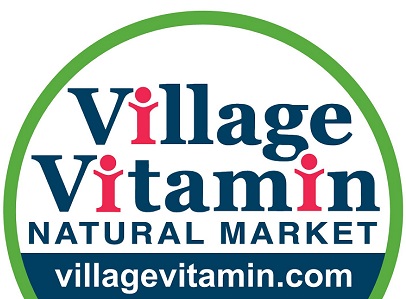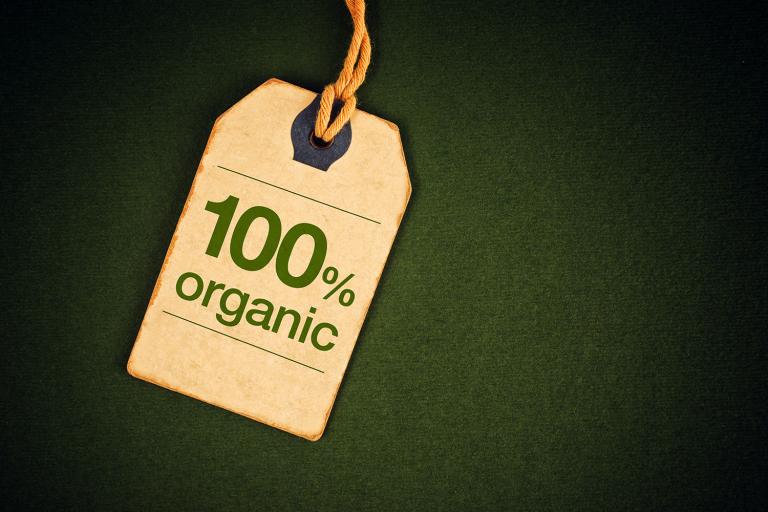Consumers can buy USDA-certified organic products with confidence.
They can also rest assured that the organic claim is accurate and has been verified by a certifying agency.
Organic Food Labeling
When a product carries the organic label, this claim guarantees that it has been grown, handled, and processed according to strict production standards that reduce and eliminate the use of toxic, persistent pesticides and fertilizers, and that prohibit the use of genetic engineering, irradiation, sewage sludge, growth hormones, and antibiotics.
-
Product Claims
-
100 Percent Organic
Only a product produced using organic methods exclusively can carry labeling saying that it’s entirely organic. The label must state “certified by” and the certifying agency. Such products may display the USDA Organic seal.
-
Organic
This label means that 95 percent or more of the ingredients by weight (excluding water and salt) have been organically produced and processed. Foods with this label are also eligible to display the USDA Organic seal and must state the certifying agency.
-
Made with Organic
Products with at least 70 percent organic ingredients may be labeled “Made with Organic” and list up to three organic ingredients on the front panel.
-
-
Ingredient Claims
Products with less than 70 percent organic ingredients are allowed to list the organic items on the ingredient panel only.
Why Go Organic?
A growing body of research suggests that organic foods are packed with nutrients.
One study finds that organic berries and corn are higher in antioxidants than their conventional counterparts. Other research reveals that organic crops are higher in magnesium and other nutrients, while containing lower levels of nitrates and other chemical additives.
Research also confirms higher antioxidant concentrations in organic foods.
“Organic farming methods have increased antioxidant levels by a few percent to more than three-fold compared to food grown using conventional production methods. On average, across seven studies that reported direct comparisons of the levels of antioxidants in conventional and organic foods, levels in organic food averaged about one-third higher,” says Charles Benbrook, PhD, of the Organic Center for Education & Promotion.

